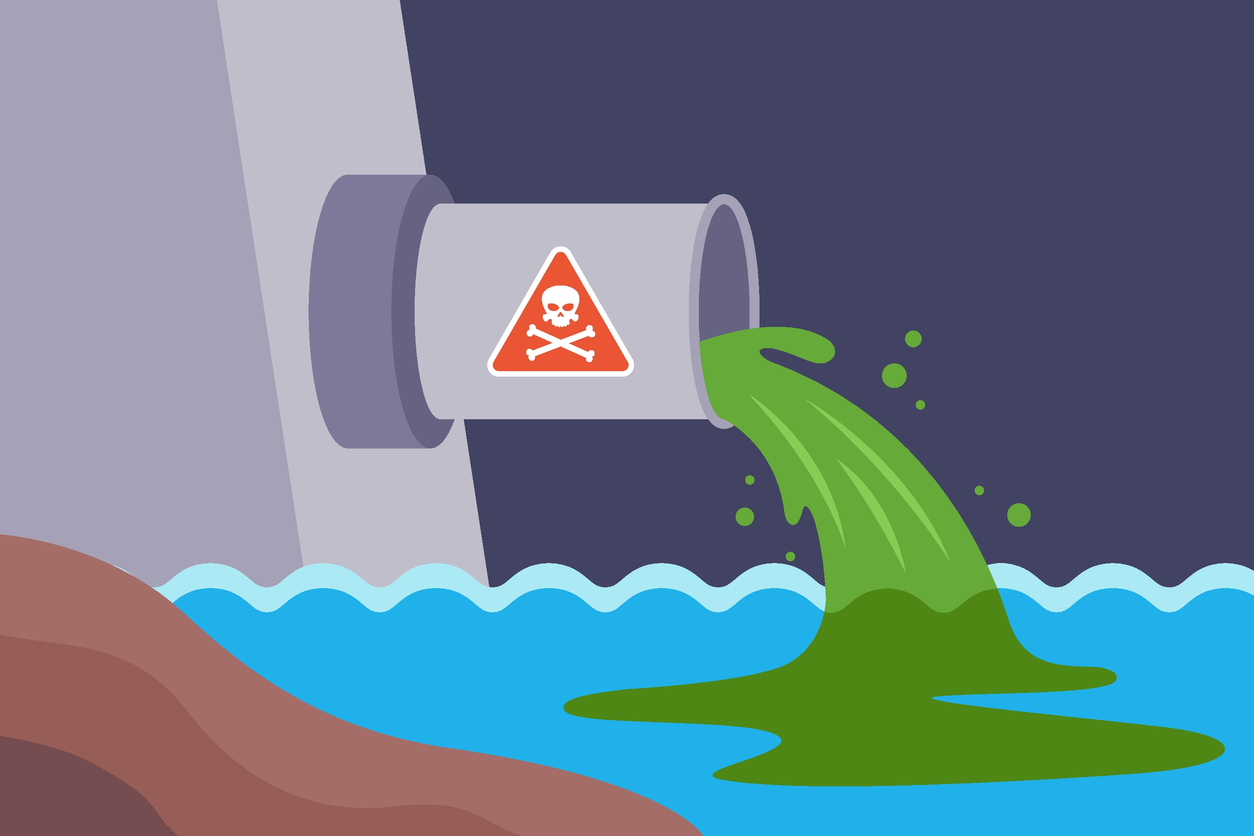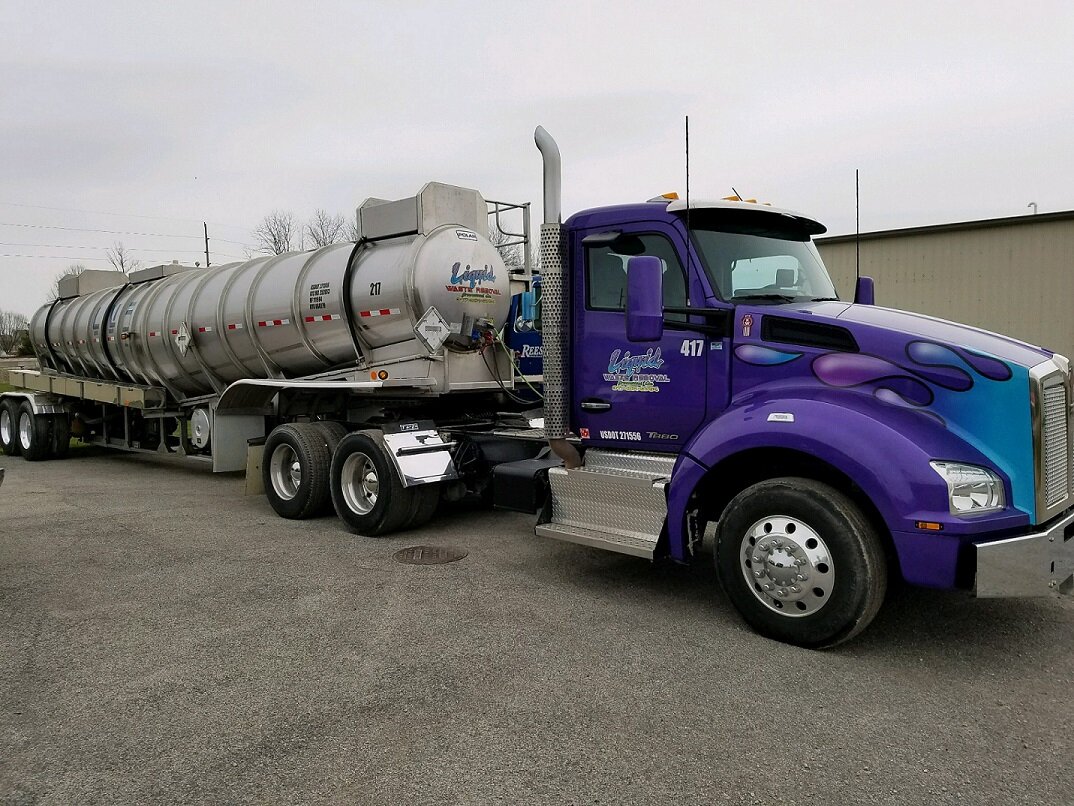Safe and Sustainable Liquid Waste Disposal: Your Go-To Company
Safe and Sustainable Liquid Waste Disposal: Your Go-To Company
Blog Article
Comprehending the Comprehensive Refine of Liquid Waste Disposal: Finest Practices and Environmental Influence Considerations
The administration of liquid waste disposal is a multifaceted issue that needs a detailed understanding of different best techniques and their linked environmental impacts. From the sorts of fluid waste generated to the approaches used for collection, therapy, and last disposal, each step plays an important function in guarding communities and public wellness. As regulative requirements develop and modern technology breakthroughs, the discussion around these processes comes to be significantly essential. What effects do these changes hold for future sustainability efforts, and just how can stakeholders guarantee that they are adequately dealt with?
Sorts Of Fluid Waste
Comprehending the numerous kinds of liquid waste is essential for reliable administration and disposal techniques. Fluid waste can be broadly classified right into a number of types, each requiring special handling and treatment approaches.
Industrial liquid waste often has harmful materials, including heavy metals, solvents, and chemicals, created throughout manufacturing processes. These wastes require stringent regulatory conformity to protect human health and the environment. Residential fluid waste largely refers to wastewater generated from families, including sewer and greywater, which, although much less toxic, can still pose considerable dangers if incorrectly taken care of.
Agricultural fluid waste, consisting of drainage from farms, commonly has plant foods and chemicals that can lead to ecological degradation if not treated properly. Medical fluid waste, produced from health care centers, consists of infected liquids such as physical fluids and chemicals, needing specialized disposal techniques to stop infection and ecological contamination.
Last but not least, oil and grease waste, typically produced by restaurants and auto sectors, can trigger serious obstructions in sewer systems otherwise taken care of appropriately. Comprehending these classifications helps with targeted approaches for therapy, conformity with regulations, and efficient disposal methods, inevitably advertising environmental sustainability and public wellness security.

Collection Approaches
Efficient collection methods are essential for the correct administration of liquid waste, ensuring that it is collected safely and successfully before treatment or disposal. Different techniques are used depending upon the type of fluid waste generated, the quantity, and the particular features of the waste.
One typical method is the usage of devoted collection tanks or sumps, which are made to record liquid waste at the resource. These systems often integrate pumps that help with the transfer of waste to larger storage containers or treatment facilities. Additionally, mobile collection devices furnished with vacuum cleaner innovation are employed in circumstances where waste is produced periodically or in hard-to-reach areas.
For industrial settings, closed-loop systems can properly reduce spills and leaks, allowing for the recovery and reuse of liquid waste. It is likewise vital to educate personnel on appropriate collection protocols to reduce threats connected with dangerous compounds.
Moreover, applying regular maintenance schedules for collection devices makes sure optimum performance and security. The assimilation of advanced monitoring systems can enhance collection effectiveness by providing real-time data on waste levels and prospective hazards. In general, efficient collection techniques are fundamental to lasting fluid waste monitoring practices.
Treatment Processes
Treatment processes play an important function in the management of liquid waste, transforming possibly unsafe products right into risk-free effluents or recyclable sources - liquid waste disposal. These procedures can be generally classified into physical, chemical, and biological methods, each customized to resolve details impurities existing in the waste stream
Physical treatment methods, such as sedimentation and purification, job have a peek at these guys by eliminating suspended solids and particulate issue. These methods are commonly the very first step in the therapy chain, properly lowering the lots on subsequent processes. Chemical therapies include the use of reagents to neutralize harmful materials, speed up heavy steels, or oxidize natural pollutants, thereby boosting the security of the effluent.
Organic treatment procedures, including triggered sludge systems and anaerobic food digestion, profit from the all-natural abilities of microbes to deteriorate raw material. These techniques are specifically effective for wastewater consisting of biodegradable contaminants. Advanced therapy technologies, such as membrane filtering and progressed oxidation processes, are progressively used to achieve higher levels of filtration.
Integrating a mix of these treatment methods not only guarantees compliance with regulative criteria but likewise promotes ecological sustainability by recouping valuable resources from liquid waste.
Disposal Options
Exactly how can companies make certain the safe and responsible disposal of fluid waste? Effective disposal choices are critical for safeguarding public health and wellness and the setting. The primary methods include land treatment, incineration, and disposal followed by discharge right into community wastewater systems.
Land disposal involves the cautious containment of liquid waste in designated landfills, guaranteeing that it does not leach into bordering dirt or water. Incineration, on the various other hand, topics fluid waste to heats, transforming it into ash and gases, which require proper filtration to decrease exhausts. This technique appropriates for harmful wastes that can not be treated through traditional means.
In instances where fluid waste can be treated, organizations might select biological or chemical therapy procedures to reduce the effects of damaging components prior to releasing the treated effluent right into metropolitan systems. This path generally aligns with regulative needs, guaranteeing that the effluent fulfills security requirements.
Eventually, organizations should carry out complete assessments useful content of each disposal option to determine its stability, thinking about factors such as waste make-up, governing conformity, and prospective risks to health and wellness and the environment. By choosing appropriate disposal techniques, businesses can add to an accountable waste monitoring strategy.
Environmental Influence
The ecological impact of fluid waste disposal is a vital consideration for companies looking for to reduce their ecological footprint. Inappropriate disposal methods can bring this content about significant contamination of water resources, dirt degradation, and negative effects on regional ecological communities. For instance, harmful fluids can leach into groundwater, posturing risks to drinking water materials and marine life. Additionally, the discharge of without treatment or inadequately treated waste into surface area waters can cause eutrophication, leading to oxygen exhaustion and the succeeding death of fish and various other organisms.

To reduce these impacts, organizations should embrace ideal techniques such as applying strenuous waste therapy processes, promoting recycling and reuse, and sticking to governing requirements. By taking a positive approach to fluid waste monitoring, entities can dramatically minimize their environmental footprint while sustaining sustainable growth goals. Inevitably, a detailed understanding of the ecological influences linked with liquid garbage disposal is essential for educated decision-making and accountable stewardship of natural deposits.
Conclusion
Effective administration of fluid waste is vital for guarding environmental stability and public wellness. By taking on finest techniques in collection, treatment, and disposal, together with adherence to regulative requirements, the possibility for harmful contamination of ecological communities can be substantially lowered. Continual advancements in technology and processes add to lasting waste management initiatives. Inevitably, a comprehensive understanding of fluid garbage disposal not just alleviates ecological effects yet additionally cultivates a dedication to liable source management and environmental stewardship.
The administration of liquid waste disposal is a complex problem that needs an extensive understanding of various ideal techniques and their linked ecological impacts. From the kinds of liquid waste generated to the approaches utilized for collection, therapy, and last disposal, each action plays a crucial duty in protecting ecological communities and public wellness.The ecological influence of liquid waste disposal is an essential consideration for organizations looking for to minimize their ecological impact. Inevitably, a comprehensive understanding of the ecological impacts linked with fluid waste disposal is necessary for educated decision-making and liable stewardship of all-natural resources.
Ultimately, a detailed understanding of liquid waste disposal not just minimizes environmental impacts yet additionally promotes a commitment to accountable source administration and environmental stewardship.
Report this page